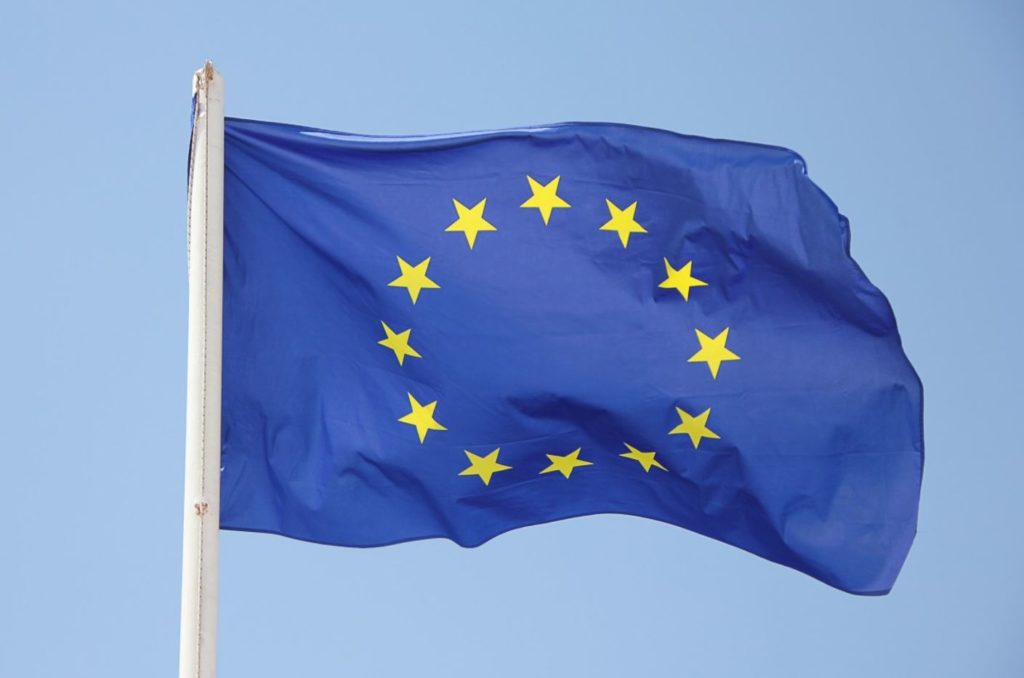
The European Union is reportedly planning to ban Chinese telecom companies Huawei Technologies and ZTE Corp. from participating in mobile network infrastructure across its member countries. The European Commission is discussing whether to introduce a binding policy that would require all 27 EU nations to remove existing Huawei and ZTE equipment from their mobile infrastructure and prevent future use of their technology, reports Bloomberg. The discussions are still in an early stage, but if implemented, the plan would mark the first EU-wide legal measure targeting specific telecom suppliers over security concerns. It is important to note that in 2023, the European Commission formally classified Huawei and ZTE as high-risk vendors.
The potential move also becomes significant as, until now, the European Commission has relied on non-binding recommendations that allow member states to decide individually whether to limit the use of high-risk vendors like Huawei and ZTE in their 5G networks. This framework (known as the “5G toolbox”) was adopted in 2020 but left implementation largely up to national governments. Notably, some countries (including Sweden, Denmark, and the Netherlands) have already restricted Chinese suppliers from core parts of their networks. Meanwhile, others, like Germany and Hungary, have continued to work with Huawei to some extent. But this new binding rule would eliminate those differences, enforcing a single policy across the entire EU.
The main reason behind this potential move is growing concern over national security and data protection. According to the report, European security agencies fear that using Huawei and ZTE equipment might allow spying of mobile networks because of the companies’ suspected links to the Chinese government. Although Huawei has consistently denied these allegations, many Western governments remain unconvinced.
The report also suggests that if the Commission decides to proceed, the policy would likely include a gradual phase-out of Huawei and ZTE equipment from existing networks. Member states could be given a transition period to replace current installations with technology from alternative suppliers like Nokia and Ericsson. Even the Commission could restrict access to EU funds for digital infrastructure projects that still rely on high-risk vendors.
However, despite all this, the proposal is expected to face several challenges. The main obstacle lies in the uneven situation across the EU. As of late 2024, only 11 out of 27 member states had fully implemented the 5G security guidelines that allow them to block Huawei and ZTE. But other countries remain dependent on Chinese equipment. Therefore, a strict ban could create financial and logistical difficulties for telecom operators, potentially delaying 5G expansion and increasing costs for consumers.





